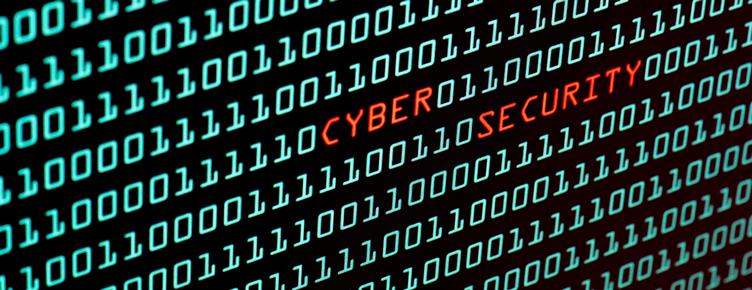New tool to address cyber threats: the EU's Rapid Response Force

The initiative on a cyber response force and mutual assistance in cyber security is led by Lithuania. It is one of 17 projects approved by EU Member States in late 2017 under the so called "Permanent Structured Cooperation" (PESCO).
PESCO is the EU's brand new, binding framework for closer cooperation in the area of security and defence. Each project has a lead country and variable groups of participating EU Member States. In this case, six EU Member States – Estonia, Croatia, Romania, Lithuania, Spain and the Netherlands – are on board so far, with more expected to rapidly follow suit.
Lithuania's Minister of National Defence, Raimundas Karoblis, highlighted the political will to lay the foundation "for joint and stronger European cyber defence capabilities." On behalf of the European External Action Service, Deputy Secretary General Pedro Serrano welcomed the initiative as the most advanced project within the framework of PESCO and underlined its importance in establishing a collective cyber defence.

PICTURE: PESCO Cyber Rapid Response Teams: signing ceremony (25/06/18, Luxembourg)
From left to right: Mr Jorge DOMECQ, Chief Executive of the European Defence Agency; Mr Pedro SERRANO, Deputy Secretary General for the External Action Service (EEAS); Mr Petar MIHATOV, Croatian Assistant Minister for Defence Policy; Mr Juri LUIK, Estonian Minister of Defence; Mr Raimundas KAROBLIS, Lithuanian Minister for National Defence; Mr Mircea DUSA, Romanian Secretary of State for Defence Policy and Planning; Ms Margarita ROBLES, Spanish Minister of Defence; Mr Ank BIJLEVELD, Dutch Minister of Defence.
Building teams of cyber experts ready to respond
Under the initiative, EU Cyber Rapid Response Force teams will be bring together specialists from the participating countries. These will be on stand-by and reinforce neutralisation and investigation efforts in the event of a significant cyber incident.
To test and train the new structure, the first EU cyber response teams are foreseen to take part in a cyber security exercise in Lithuania this autumn.
According to the data of the Lithuanian National Cyber Security Centre, the number of cyber incidents is growing annually by one tenth, while cyber investigations reveal their growing sophistication. Serious incidents in critical energy infrastructures but also law enforcement and foreign affairs IT systems have occurred. Such incidents need a particularly rapid response and a new type of preparedness and instruments.
The EU’s role in countering cyber threats
The EU is concerned by the increased ability and willingness of state and non-state actors to pursue their objectives through malicious cyber activities and started to develop a range of initiatives to improve awareness and the capacity to respond to cyber-attacks.
The 'internet of things' is already a reality today, with tens of billions of connected digital devices expected by 2020 in the EU. Besides posing a threat to security, cyber-attacks are estimated to cost the global economy €400 billion every year. That is why the EU is building capacity through support measures, stronger coordination and new structures for effective and rapid counter-measures in case of an attack.
EU High Representative Mogherini submitted in 2016 the new "Global Strategy for the EU's Foreign and Security Policy" which outlined the way forward for a higher level of ambition in the area of security and defence. Since then a range of new mechanisms and instruments in this field have been developed, of which Permanent Structured Cooperation is one of the most prominent.
